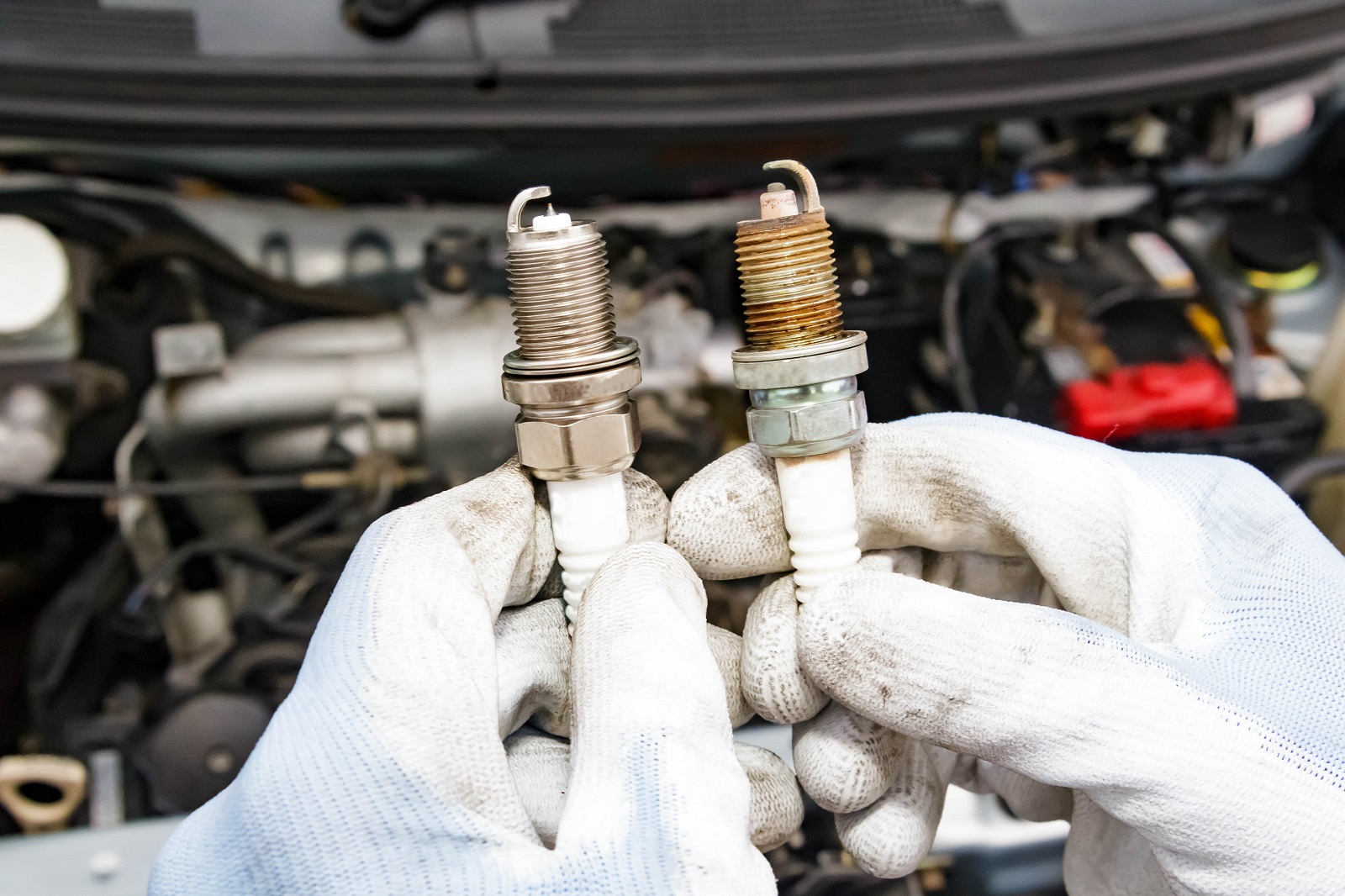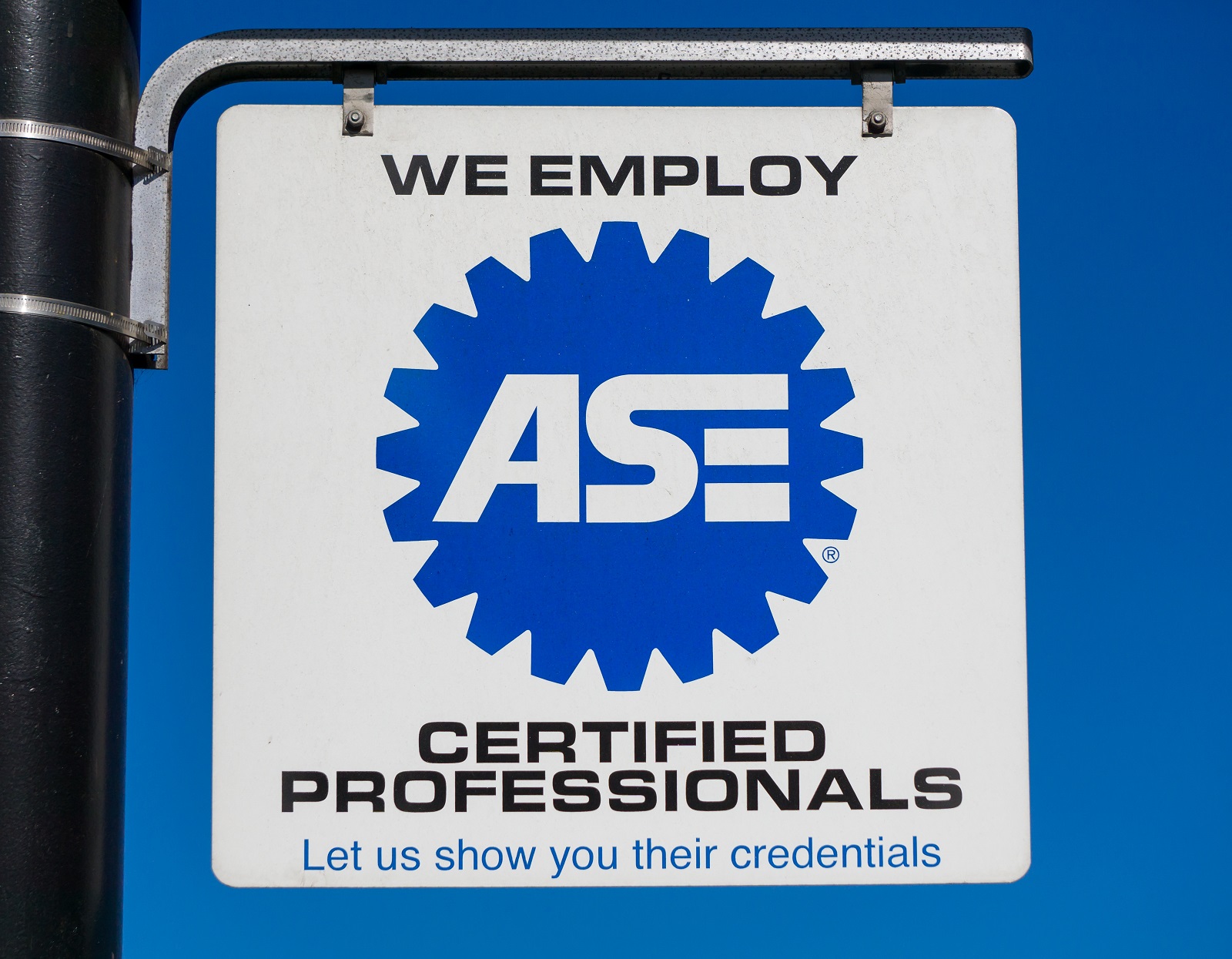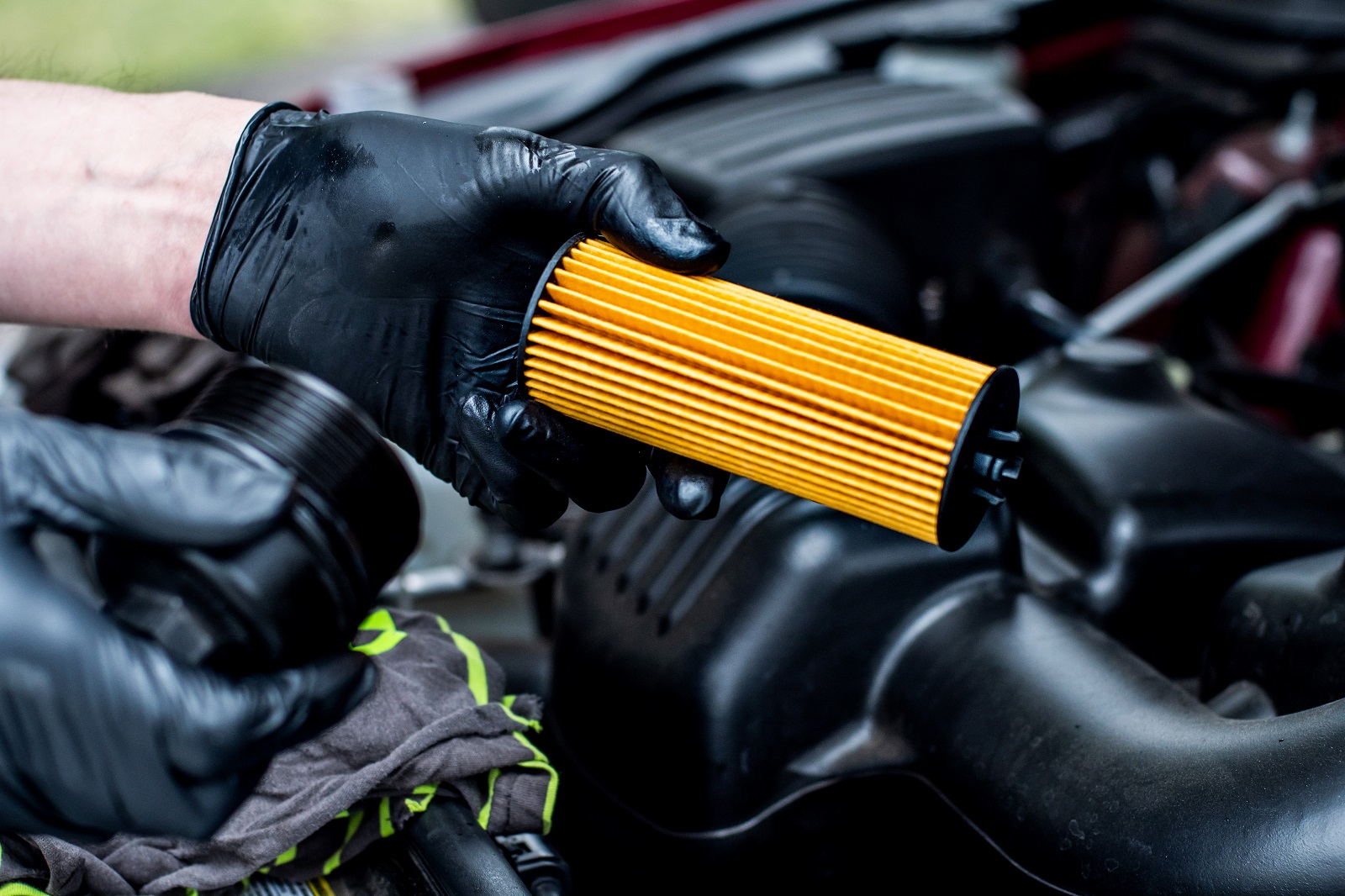Finding a trustworthy mechanic is crucial for maintaining your vehicle. Unfortunately, not all mechanics are honest. Here are 18 signs your mechanic might be lying to you.
1. Unnecessary Repairs

If your mechanic insists on repairs that seem unrelated to the issue you brought your car in for, be wary. For example, bringing your car in for an oil change should not result in a list of unrelated repairs.
2. No Written Estimate

A reputable mechanic will always provide a written estimate before starting work. If your mechanic refuses or makes excuses, they might be trying to charge you more later.
3. High-Pressure Sales Tactics

Beware of mechanics who use high-pressure sales tactics to convince you to agree to repairs immediately. This is often a sign they are trying to take advantage of you.
4. Replacing Parts Without Permission

If your mechanic replaces parts without your explicit permission, this is a red flag. Always insist on approving all repairs and parts replacements beforehand.
5. Inconsistent Diagnoses

If you get different diagnoses for the same issue from different mechanics, at least one of them is probably lying. Always seek a second opinion if you’re unsure.
6. Scare Tactics

Mechanics who use scare tactics, like telling you your car is unsafe to drive without immediate repairs, may be lying to get you to agree to unnecessary work.
7. Refusal to Show Old Parts

A trustworthy mechanic will have no problem showing you the old parts they’ve replaced. If they refuse, they might not have actually replaced them.
8. Unexplained Charges

Review your bill carefully. If there are unexplained or vague charges, ask for a detailed breakdown. Dishonest mechanics might add fake charges to inflate the bill.
9. Frequent Return Visits

If you find yourself returning to the mechanic for the same issue repeatedly, they may not be fixing the problem correctly to ensure you keep coming back.
10. Lack of Certification

Ensure your mechanic is certified by organizations like the National Institute for Automotive Service Excellence (ASE). Lack of certification can be a sign of inexperience or dishonesty.
11. Generic Parts Instead of OEM

If your mechanic uses generic parts instead of Original Equipment Manufacturer (OEM) parts without informing you, they might be cutting corners to increase profit.
12. The Diagnostic Fee is Waived Too Easily

While it’s common for shops to waive diagnostic fees if you agree to repairs, be cautious if they do it too readily. It might be a ploy to get you to agree to unnecessary repairs.
13. The Mechanic Won’t Return Old Parts

Always ask to see the old parts that were replaced. If the mechanic refuses, it might indicate they didn’t actually replace them or the parts weren’t worn out.
14. Ambiguous or Technical Jargon

If your mechanic uses overly technical jargon to explain repairs without simplifying or explaining clearly, they might be trying to confuse you into agreeing to unnecessary work.
15. Overly Frequent Maintenance Recommendations

If your mechanic recommends maintenance more frequently than your vehicle manufacturer suggests, they may be trying to make extra money off unnecessary services.
16. No Online Presence or Reviews

A reputable mechanic will usually have a presence online with reviews. If you can’t find any information about them, it might be best to look elsewhere.
17. Unusual Payment Requests

Be cautious if a mechanic requests unusual forms of payment, like large upfront payments or cash only. This can be a sign of dishonesty.
18. Work Done Without Authorization

A mechanic should never perform additional work without your explicit authorization. If they do, they might be trying to inflate your bill with unnecessary repairs.
Find One You Trust

Knowing these signs can help you avoid dishonest mechanics and ensure you receive fair and honest service. Always seek a second opinion if something feels off, and never hesitate to ask questions about the repairs being performed on your vehicle.
Featured Image Credit: Pexels / Artem Podrez.
For transparency, this content was partly developed with AI assistance and carefully curated by an experienced editor to be informative and ensure accuracy.

